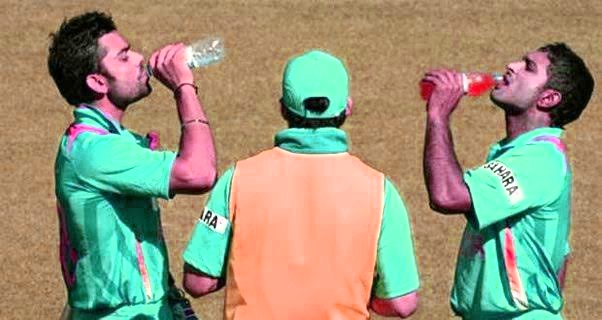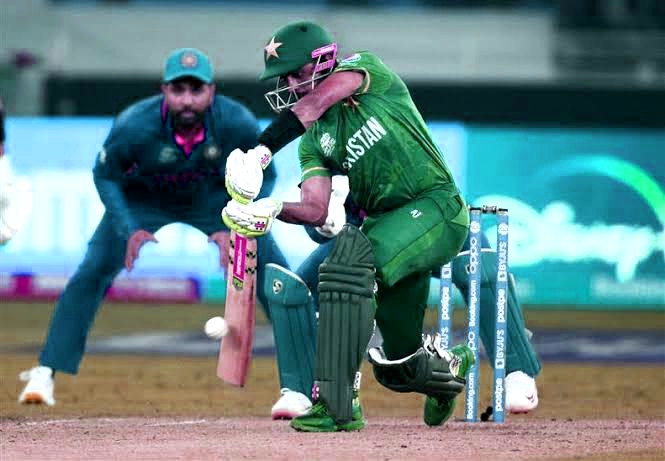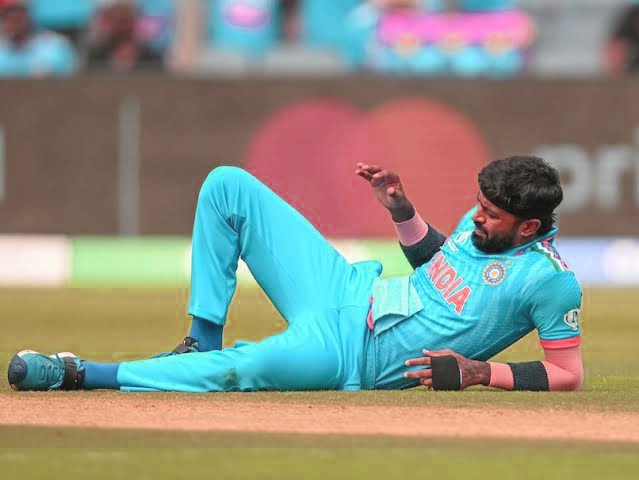Nutrition plays a vital role in the fast-paced world of cricket, where split-second decisions and peak physical performance make all the difference. The right fuel can enhance endurance, speed recovery, and boost gameplay.
In this blog, we’ll learn the 5 top cricket nutrition tips every player should know. From hydration strategies to the importance of balanced carbohydrates and lean proteins, these tips are designed to help cricket athletes perform at their best and stay at the top of their game.
5 Top Cricket Nutrition Tips
So, let’s look into cricket nutrition and unlock the secrets to optimal performance!
Hydration is the key

The most critical nutrition tip of 5 top cricket nutrition tips is being hydrated. Staying hydrated is crucial for cricket players, especially during long matches under the scorching sun. Proper hydration helps maintain energy levels, regulate body temperature, and prevent fatigue and cramps. Ensure you drink plenty of water throughout the day and during matches to stay hydrated and perform at your best.
Fuel with Balanced Meals

We have a balanced diet at number 2 of 5 top cricket nutrition tips. Fueling your body with a balanced diet is essential for cricket players aiming for peak performance. Incorporating various foods from all food groups ensures that you receive essential nutrients for energy, muscle repair, and overall well-being.
Include carbohydrates, such as whole grains and fruits, to provide energy for intense cricket matches. Lean proteins from sources like chicken, fish, and legumes aid in muscle repair and growth. Healthy fats in nuts, seeds, and avocados contribute to sustained energy levels and support various bodily functions.
Additionally, remember vitamins, minerals, and antioxidants from colourful fruits and vegetables, which are crucial in immune function and recovery. Maintaining a balanced diet rich in diverse nutrients sets you up for success on the cricket field and promotes long-term health.
Timing is Everything

When it comes to nutrition for cricket, timing is crucial. Eat balanced meals and snacks regularly throughout the day to maintain steady energy levels and support recovery. Before a match, focus on carbohydrates for quick energy, such as fruits, whole grains, and sports drinks. Opt for easily digestible snacks like energy bars, nuts, or yoghurt during breaks to replenish energy stores and keep performance levels high.
By timing your meals and snacks effectively, you can optimize your performance on the field and support your body’s recovery process. Remember, what and when you eat can significantly impact your cricket performance.
Recovery is Essential

Recovery is a cornerstone of adequate cricket nutrition, ensuring players bounce back stronger after intense matches and training sessions. It encompasses replenishing energy stores, repairing muscles, and hydrating the body for optimal performance. Post-match recovery meals rich in protein, like chicken, fish, or plant-based options, aid in muscle repair. Carbohydrates from sources like fruits and whole grains replenish glycogen stores, while fluids rehydrate the body. This process is vital for preventing fatigue, promoting faster recovery, and preparing players for upcoming games.
Emphasizing recovery nutrition alongside hydration, balanced meals, strategic timing, and wise supplementation forms a holistic approach to cricket nutrition, supporting players in reaching their full potential on the field. Workouts is also very important part of training which makes cricketers fit to play all 3 formats of the game. Check out the 5 top workouts for cricket players.
Supplement Wisely

Supplements are vital in cricket nutrition, complementing a player’s diet and aiding performance. While a balanced diet is fundamental, supplements can fill nutritional gaps and enhance recovery. Protein powders, for instance, support muscle repair and growth, which is crucial for cricket’s demands on the body. Electrolyte drinks help replenish electrolytes lost through sweat, maintaining hydration and preventing cramps during intense matches. Vitamin D supplements can be beneficial, especially for players training indoors or in low sunlight, supporting bone health and immunity. Omega-3 fatty acids are known for their anti-inflammatory properties, aiding recovery and reducing muscle soreness.
When considering supplements, please consult a healthcare professional or nutritionist to ensure they align with your needs and goals, enhancing your cricket performance and overall well-being.

